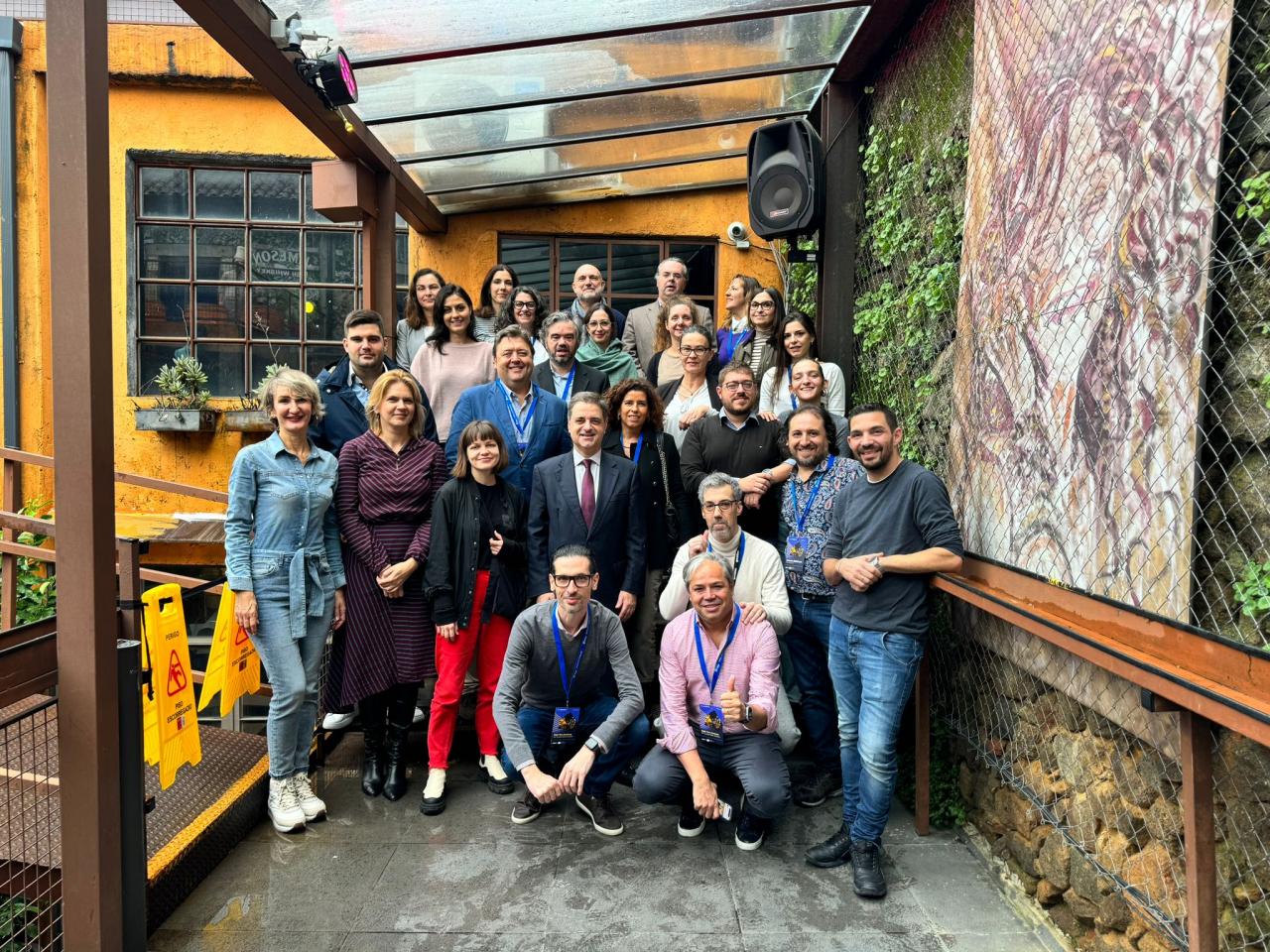The network
Cities After Dark is the first EU co-funded network of cities exploring the different dimensions of the urban fabric at night-time. Led by Braga, this network comprises ten cities including Paris, Tallinn, Nicosia, Malaga, Genoa, Varna, Piraeus, Zadar and Budva. Their common objective is to harness the potential of the night-time economy for growth, sustainability and post-Covid recovery.
The pandemic’s impact on the night-time economy has highlighted the vulnerability of sectors like culture and entertainment, struggling to rebound to pre-pandemic levels. At the same time, the pandemic underscored the need to reconfigure city services and functions after dark.
The challenges of the night-time economy
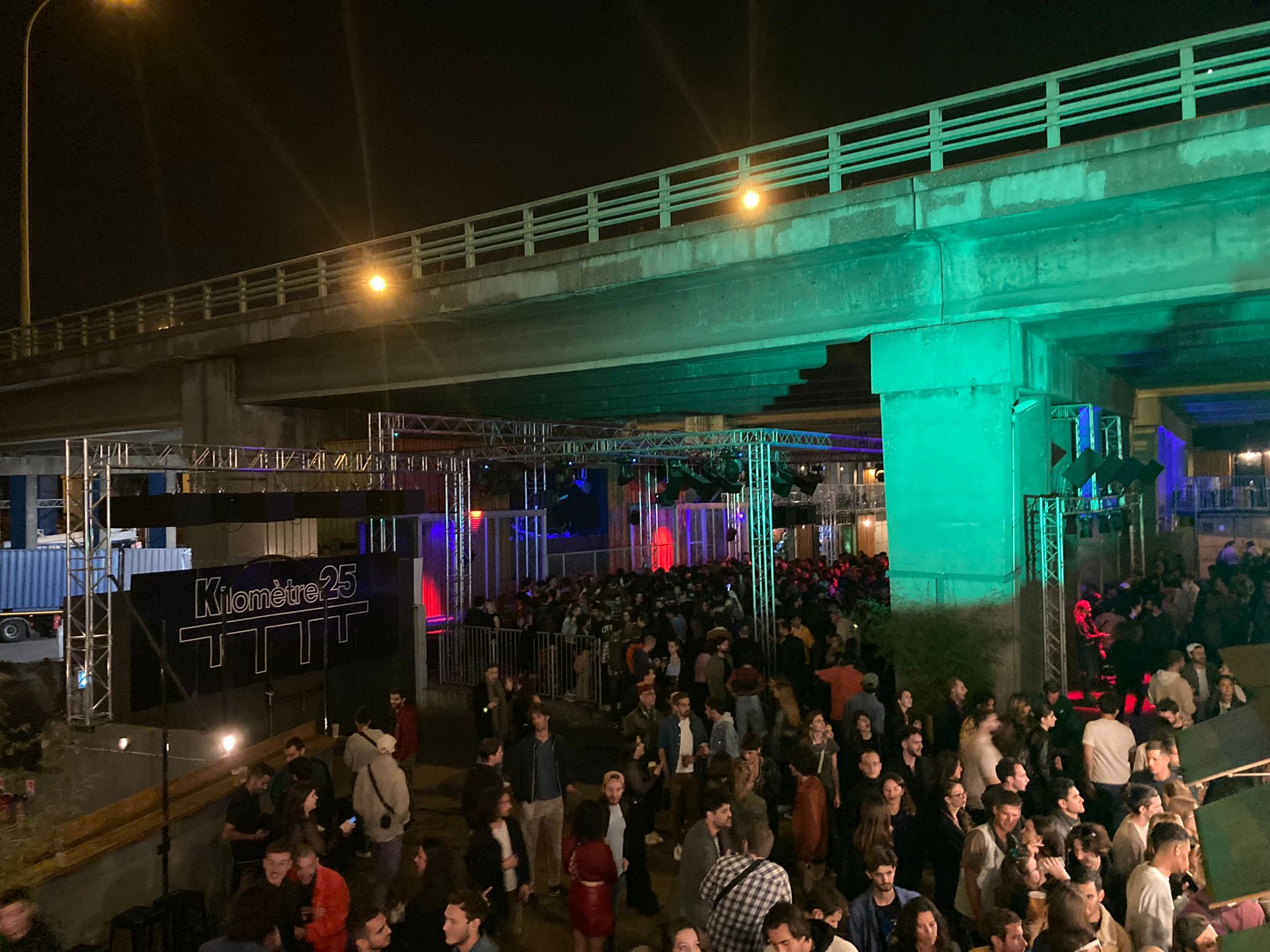
The cities of the network are using an integrated approach to address the multifaceted challenges of the night-time economy.
Crucial hubs such as theatres, cinemas, music venues and nightclubs constitute the backbone of a vibrant cultural scene. The collaboration between nocturnal stakeholders and local authorities is vital for fostering new business models, amplifying the role of these venues in defining urban identity and tourism attraction, and revitalizing both central and suburban neighborhoods.
Addressing noise pollution generated from nocturnal activities and curbing anti-social behaviors of night users are pivotal issues on which the cities of the network are acting, mediating between the needs of who want to sleep and the needs of who want to have fun or make business. Cities are also working on improving regulations on licensing hours and opening time of retail and business activities, seeking balance between the needs of different categories of residents while simultaneously creating fresh opportunities for all.
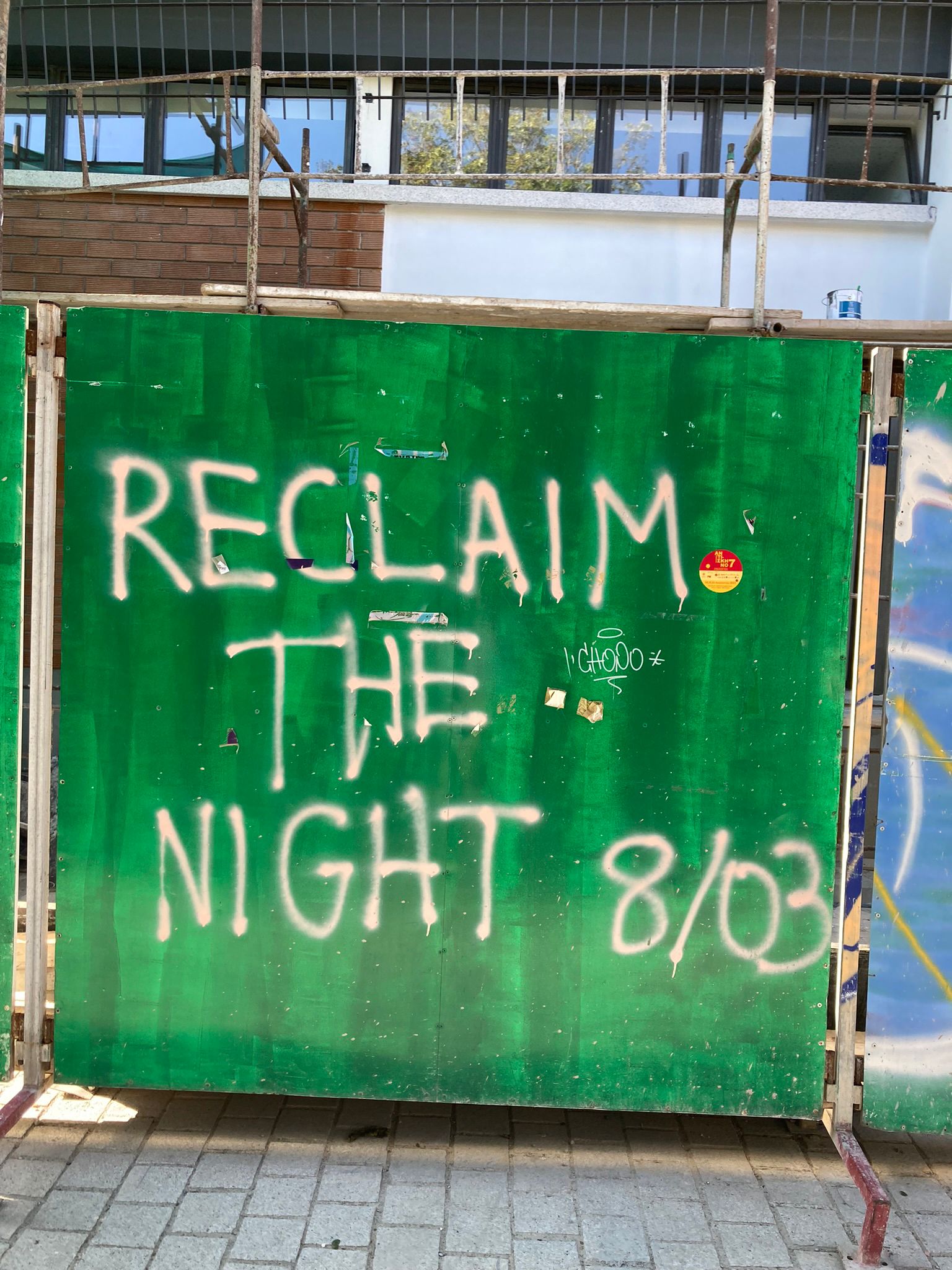
The promotion of innovative uses of public spaces at night is another key focus of the network for promoting community spirit and enhancing safety after dark. The night opening of parks
and green areas with the organization of cultural and community activities can have also a relevant impact in times of climate emergency, offering climate shelters against heat at night but also optimizing the use of spaces traditionally deemed unsafe during nocturnal hours.
The different perception of safety of public spaces and night venues between men and women is part of a broader reflection that the partners of Cities After Dark are doing on different dimensions of gender equality at night. The support to inclusive night venues meeting the needs of particular groups, such as the LGBTQ community, or the organization of training activities for nightclub and nocturnal businesses workers to combat any form of harassment and discrimination are just some of the experiences that the cities are going to explore in the framework of the network activities.
Ensuring access to urban transport during night-time is another crucial element for enhancing gender equality and improving work accessibility for all. The extension of public transport services into late hours or the introduction of innovative door-to-door transport mechanisms stand out as crucial actions for improving the quality of life at night for workers and party-goers.
Governing and measuring the impact of the night-time economy
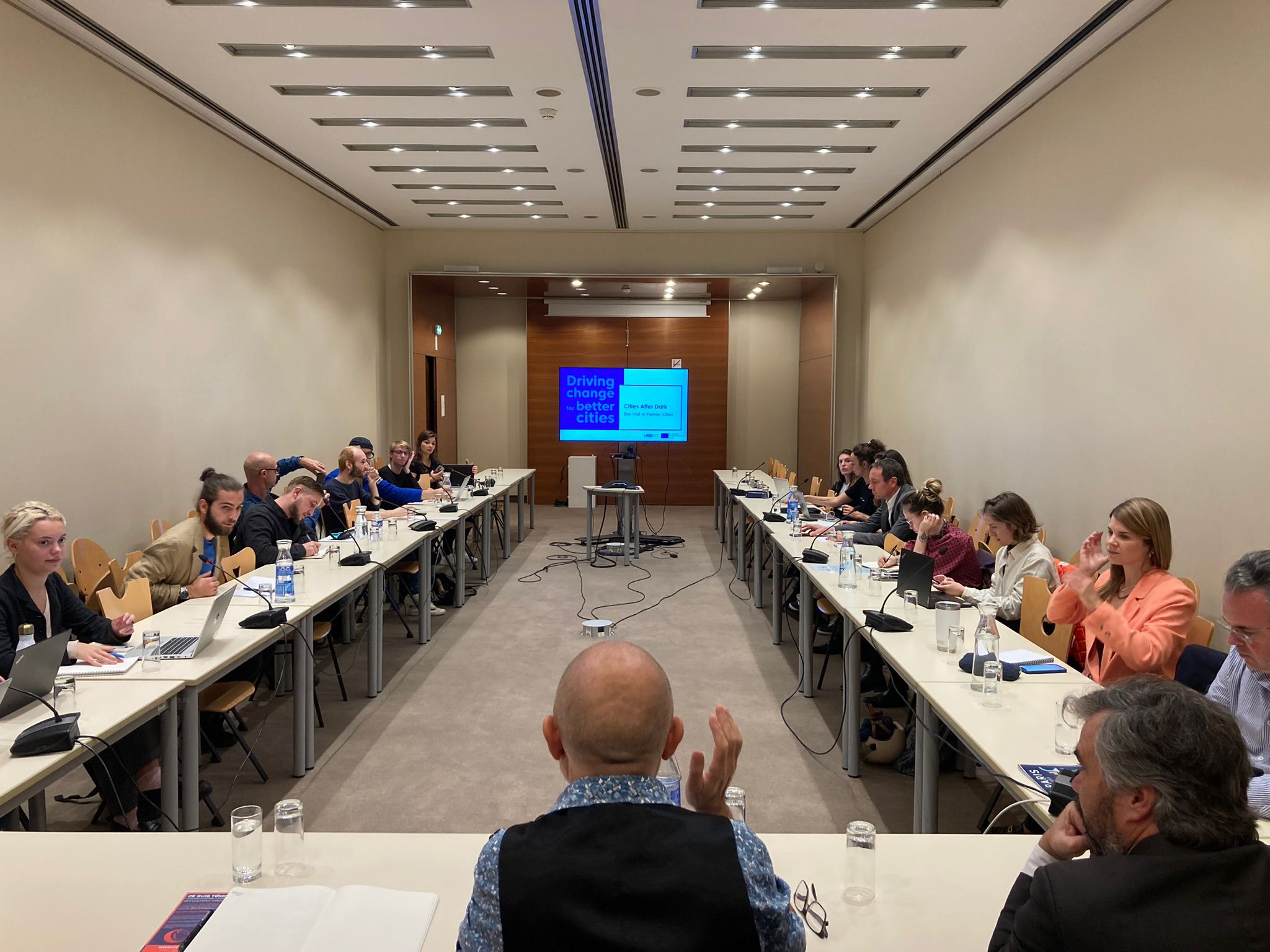
Models like the Berlin’s Club Commission established in 2000 or Amsterdam’s pioneering Night Mayor in 2012 have contributed to popularize the discourse on the governance of the night-time economy at the urban level. Comparing the solutions adopted by European and global cities for promoting active involvement of local stakeholders and night activists in the definition of integrated policies is a key area of interest for Cities After Dark partners. The cities of the network aim to transform their URBACT Local Group into stable bodies for co-creating policies and permanent forums of dialogue on night-time economy.
Experiences such as the Night Council of Paris serve as remarkable examples, not just for the diversity of stakeholders involved but also for the direct linkage with governance structures and coordination among different departments overseeing night-related issues. The examples of several American and Canadian cities which appointed night-time economy managers within the mayor’s offices, culture or economic development department serve as benchmarks for Cities After Dark partners seeking to consolidate a comprehensive governance of the night-time economy within their local frameworks.
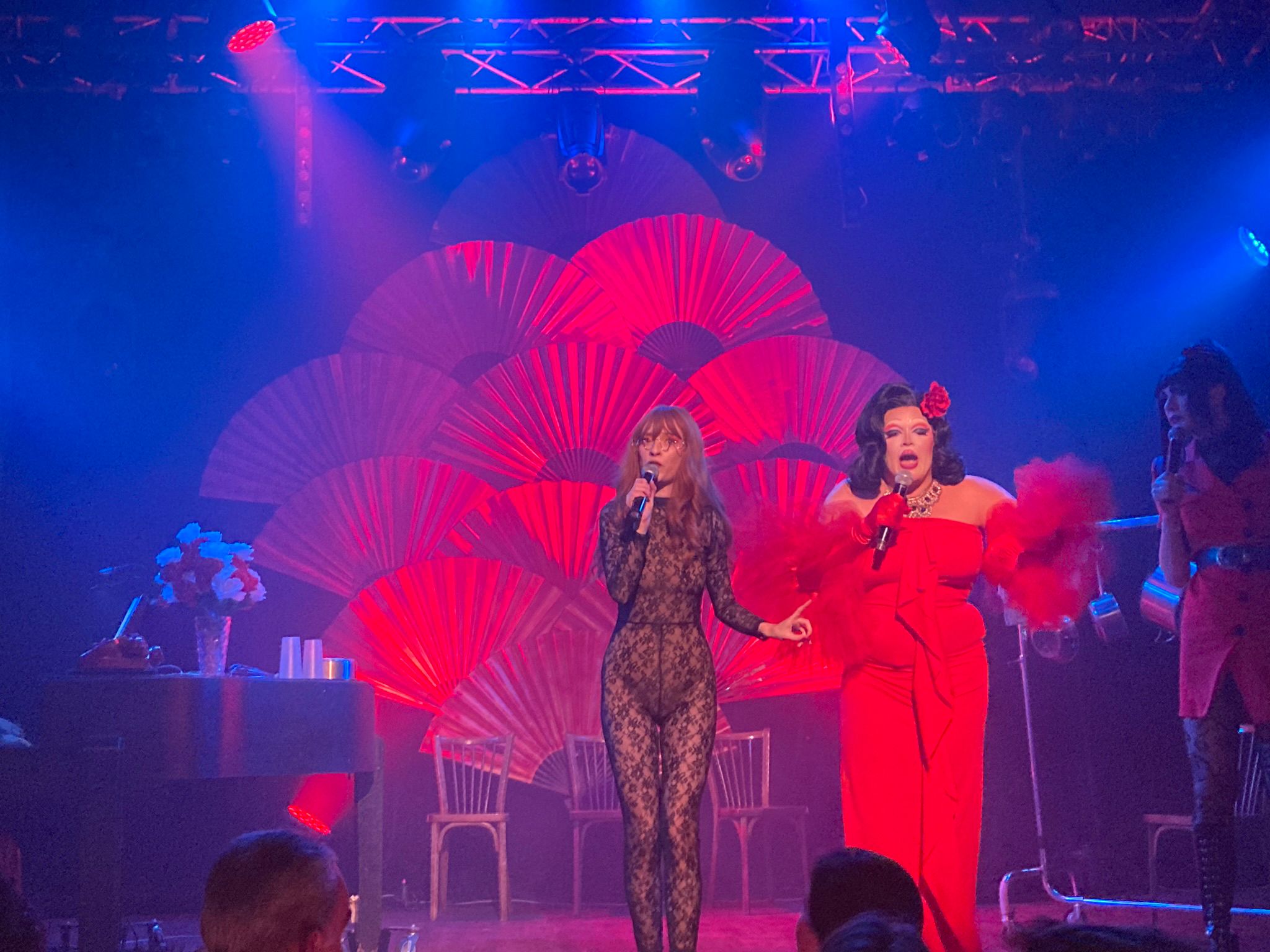
Measuring the impact of night-time economy emerges as another substantial challenge faced by the partners of Cities After Dark since the activation phase. The scarcity of data collected under a night-time framework remains a common obstacle for all the cities involved in the network. Raising awareness on the formulation of new European standards for nightlife research is crucial for improving the quality of decision-making on these topics across different scales.
The first transnational network meeting in Braga
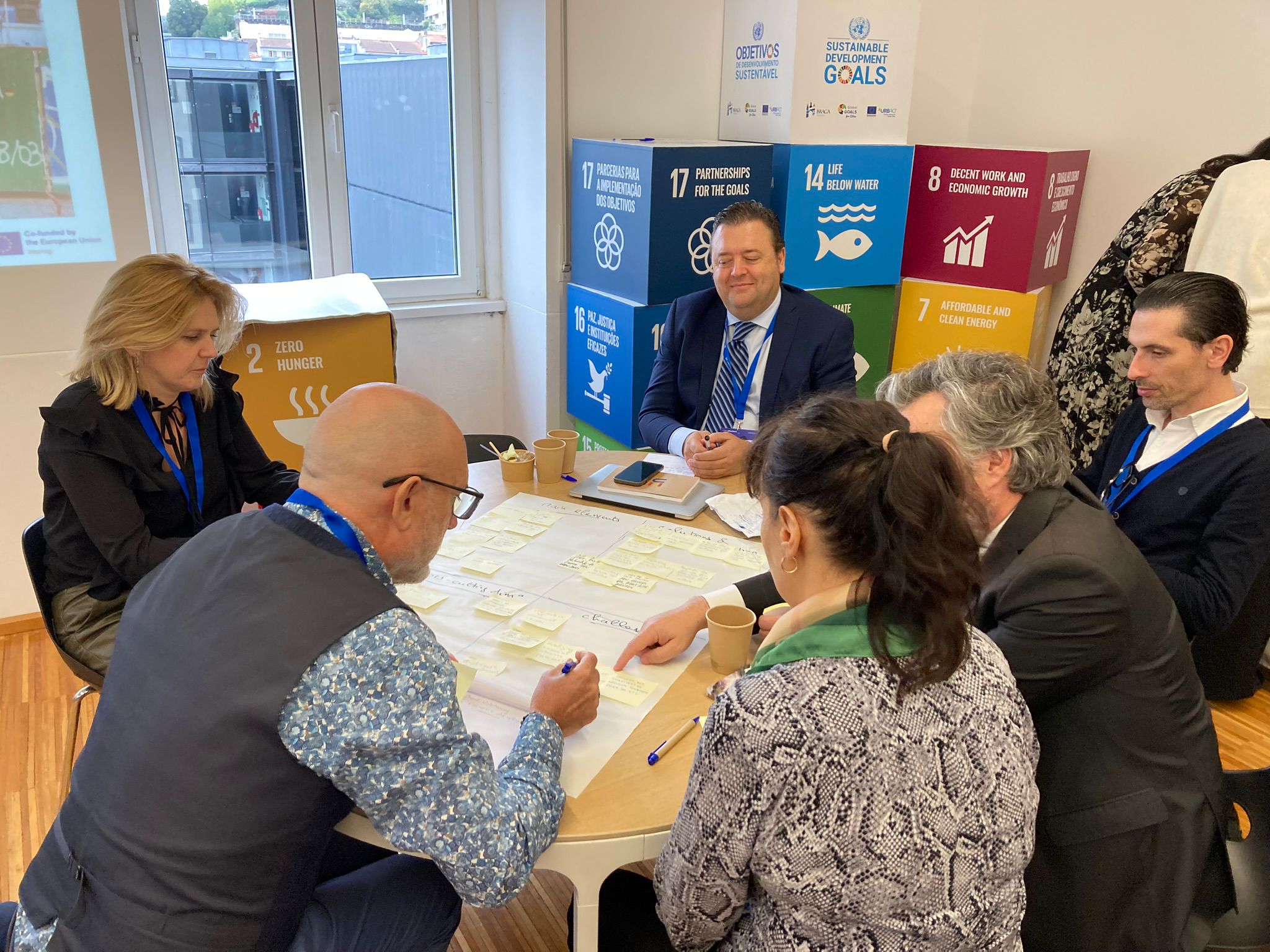
During the first transnational meeting of Cities After Dark, held in Braga on 8-10 November 2023, the cities of the network presented the main challenges identified from the initial meetings with the members of the URBACT Local Groups. These challenges include the contrast to noise pollution and the safety of public spaces in Piraeus and Genoa, the connection between night-time economy and tourism promotion in Braga, the extension of night-time activities also beyond the touristic season in Zadar and Budva, the promotion of respectful behaviors among night users in Paris and Malaga, the enhancement of urban mobility services at night in Varna, the improvement of local services and accessibility of night venues in Nicosia, the formulation of new licensing regulations in Tallinn.
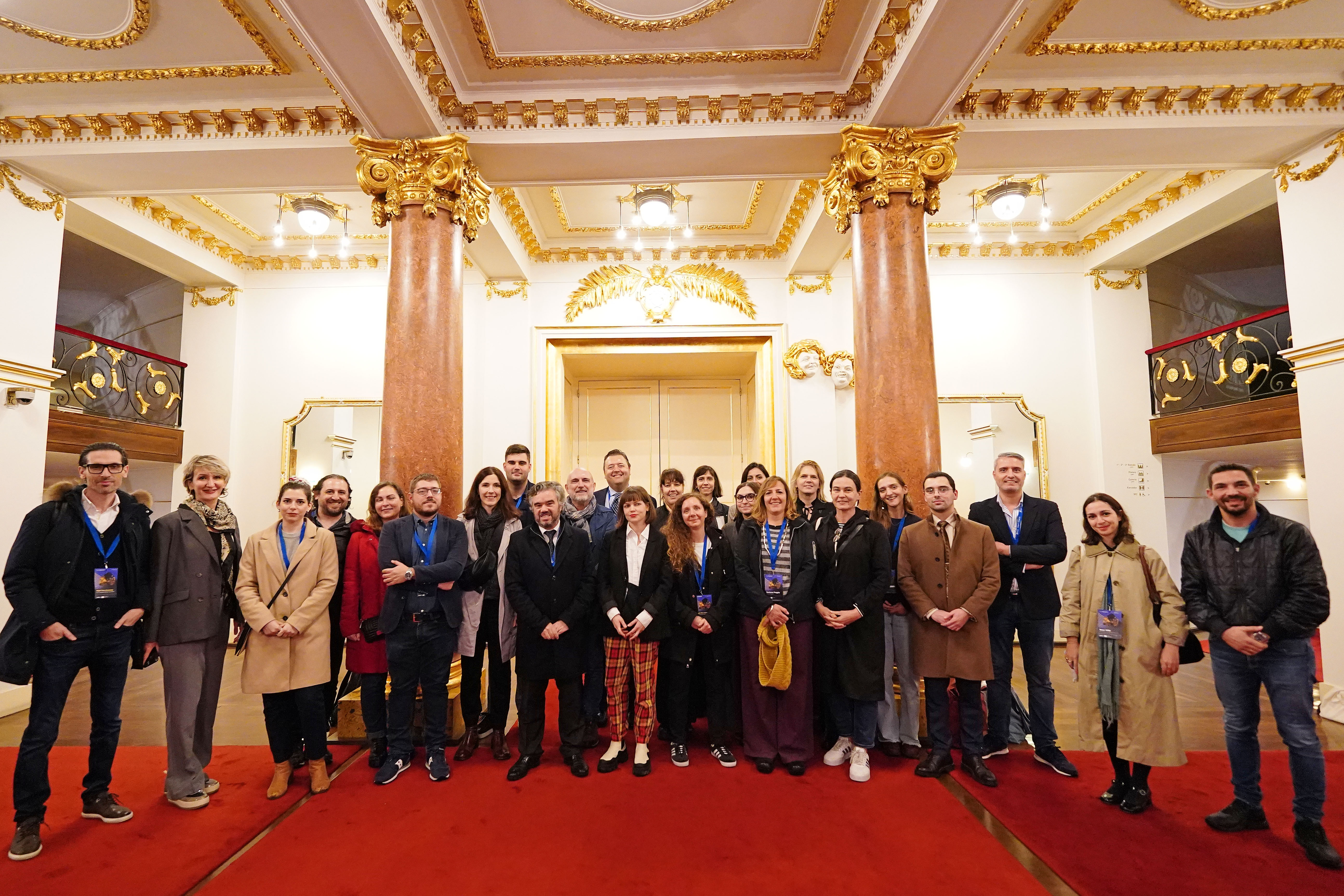
These topics will be at the core of transnational meetings, study visits and thematic webinars of the network, with the objective of sharing good practices and solutions but also to stimulate discussions with local stakeholders for testing innovative actions on the ground. The overarching goal is to translate a shared vision on the night-time economy into integrated plans and long-term policies which can transform the time-space dimension of the night-time into a testing ground for innovation and a space of mutual trust.
The transnational meeting also provided an enriching opportunity to explore some of Braga’s vibrant night spots, such as the Gnration exhibition and performance space and the Mavy Café with its live-radio and jam sessions program. Theatro Circo hosted a public event on the night-time economy, showcasing the experiences of the partners to the local audience, with global insights provided by Juma Assago, who is leading the Safer Cities programme of UN-Habitat.
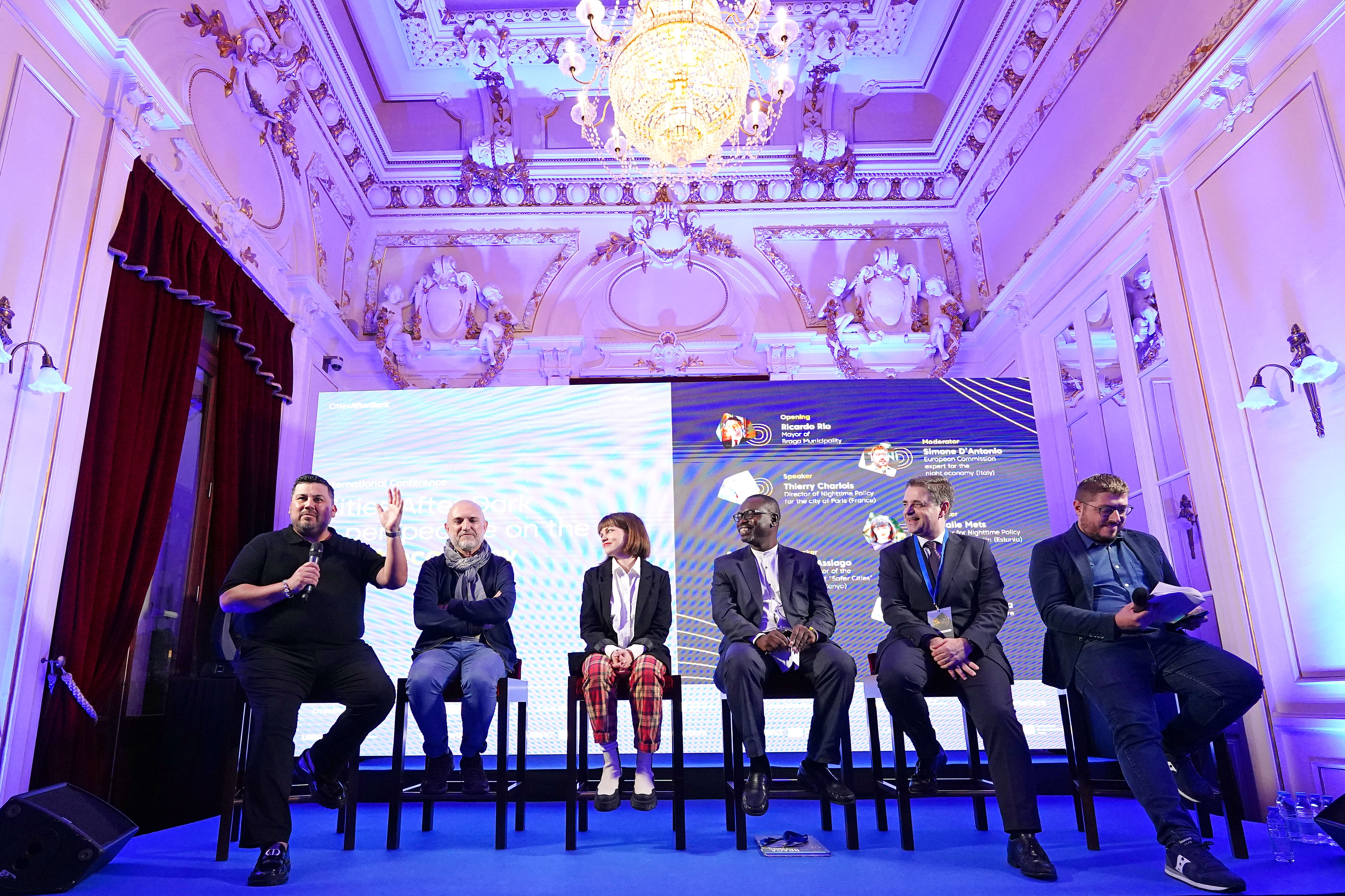
The event is the first of a series of presentations aimed at reinforcing the debate on night-time economy and the connection with European and global initiatives on the topic, that can be integrated into EU programs and frameworks such as the action plans of the Urban Agenda for the EU but also in other EU thematic policies.
Simone d’Antonio
Lead Expert Cities After Dark

